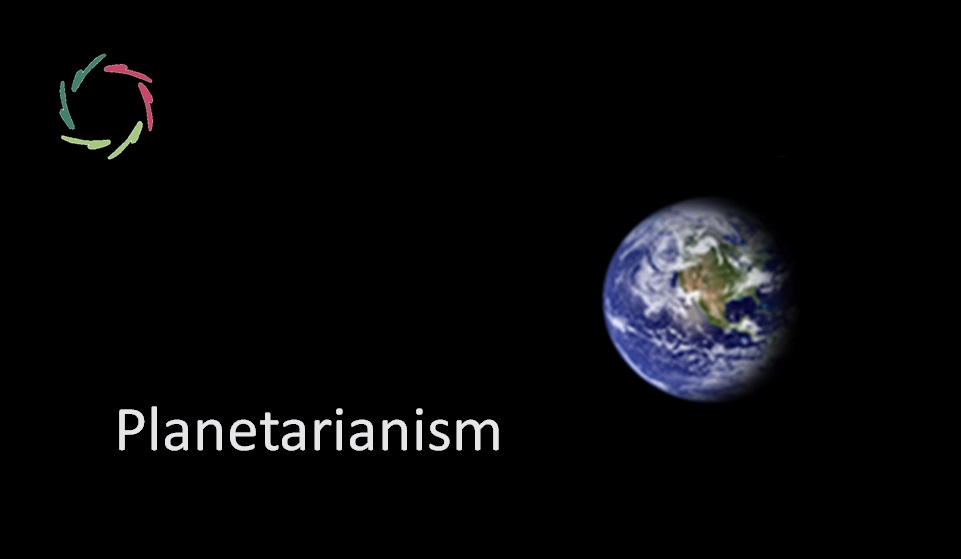How Green Is Your Mind?

Inner mind is pure nature. Therefore, a true environmentalist sees nature outside and inside as worthy goals. They form a natural and logical synthesis.
People who want to take care of the environment should also take care of themselves in-depth.
The environment deeply is their cause ― no matter whether they are rich or poor.
This greenness that comes from both sides is also oriented towards both sides, inner and outer. It’s a holistic cause, undivided and whole and wholesome. It is also sustainable in both ways.
It is empathy-beyond: overlapping like big circles without losing any part of oneself, because there is abundance in feeling and reality.
Ecology external and internal
We may all recognize our deepest patterns in the patterns of nature.
Life. Death. Both are part of greater life.
Nature is frequently violent but it is never un-natural. It strives for growth. To humans also, striving for natural growth brings health and happiness.
Sounds Flower Power?
‘The sixties’ was a genuine attempt. Yet for many, there was much egotism involved. We can do better and more real as in: real human beings with real challenges and real solutions.
Nature, especially living nature, is home to our deeper self. Everything in living nature grows. We as organisms also need to grow. For instance, this is probably the biggest motivator at the workplace: growth in status, career and even more so in one’s personal development.
Some people need a little growth, others need much more. No one is readily content without any growth at all unless being traumatized. An urge for growth comes naturally if not broken by, for instance, moral injury. Even so, this can be healed.
Outer green, inner green.
A person can be ‘outer green’ for several reasons. These can be purely intellectual or show an emotional hue. To a person with a truly green mind, it means much more. He is existentially involved, seeing his own being and that of the surrounding nature as one. He is nature.
To the same person, being at awe for outer nature also engenders his being at awe for nature within. He sees in this a big incentive to care for that nature within, including his deeper self.
Primitive people have lived much closer to nature this way, feeling one. Culture brings many good things but also the danger of inner dissociation as is well known: being more and more secluded from outer nature and from inner nature, with a huge toll in depression, psychosomatics…
What to do?
Back to nature, being respectful for nature… the outer and the inner.
It is in the end the same nature.
Eco-AURELIS might help in this.


